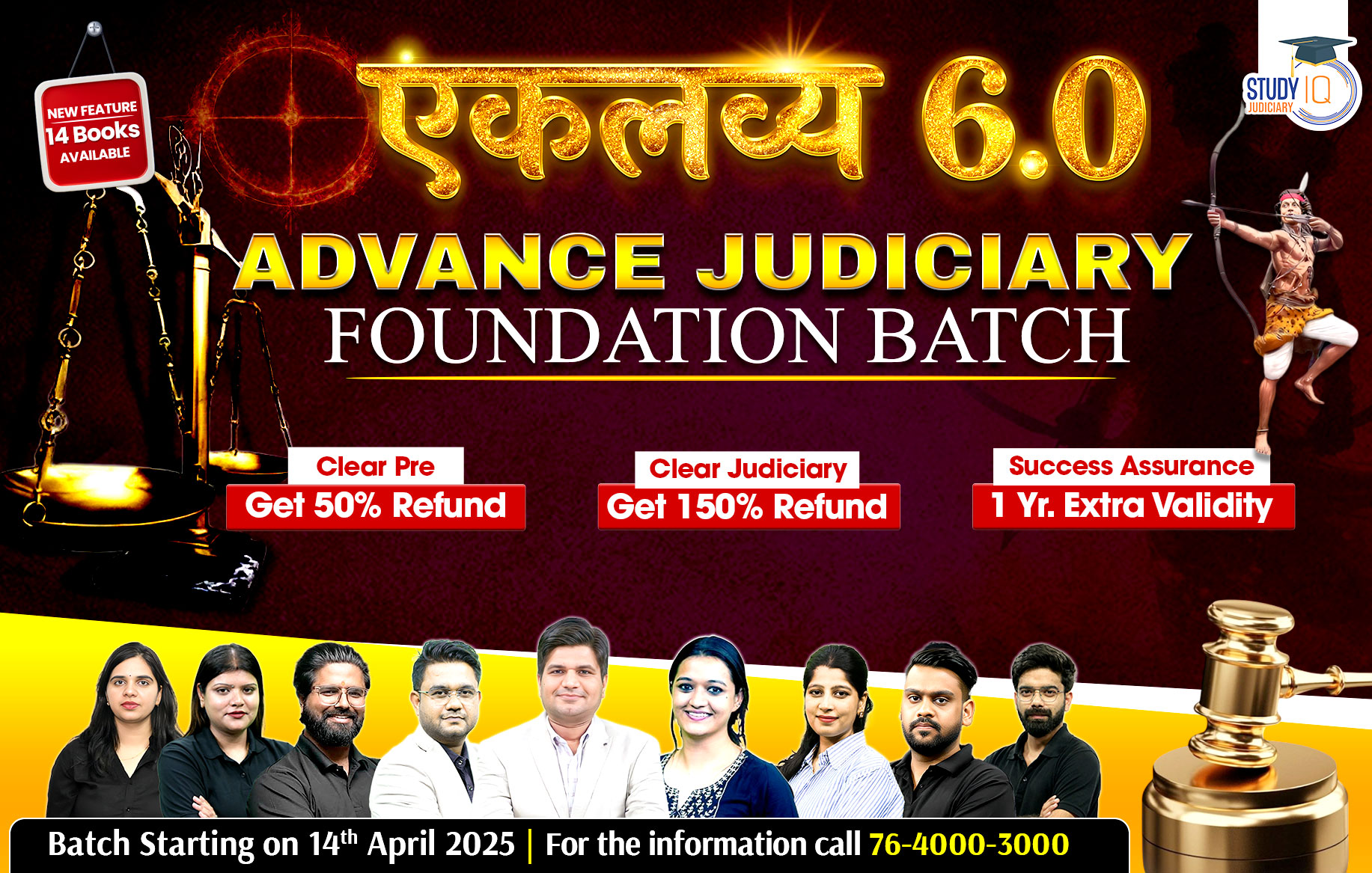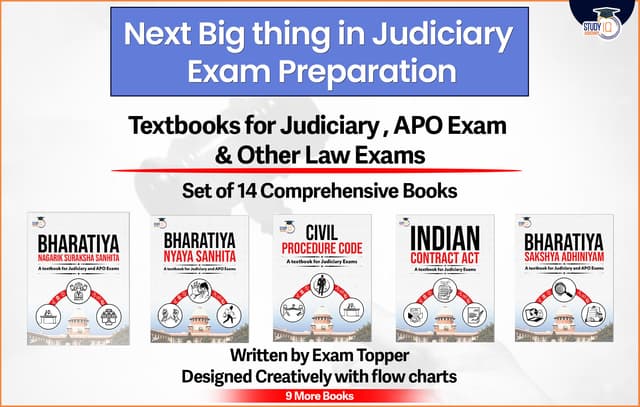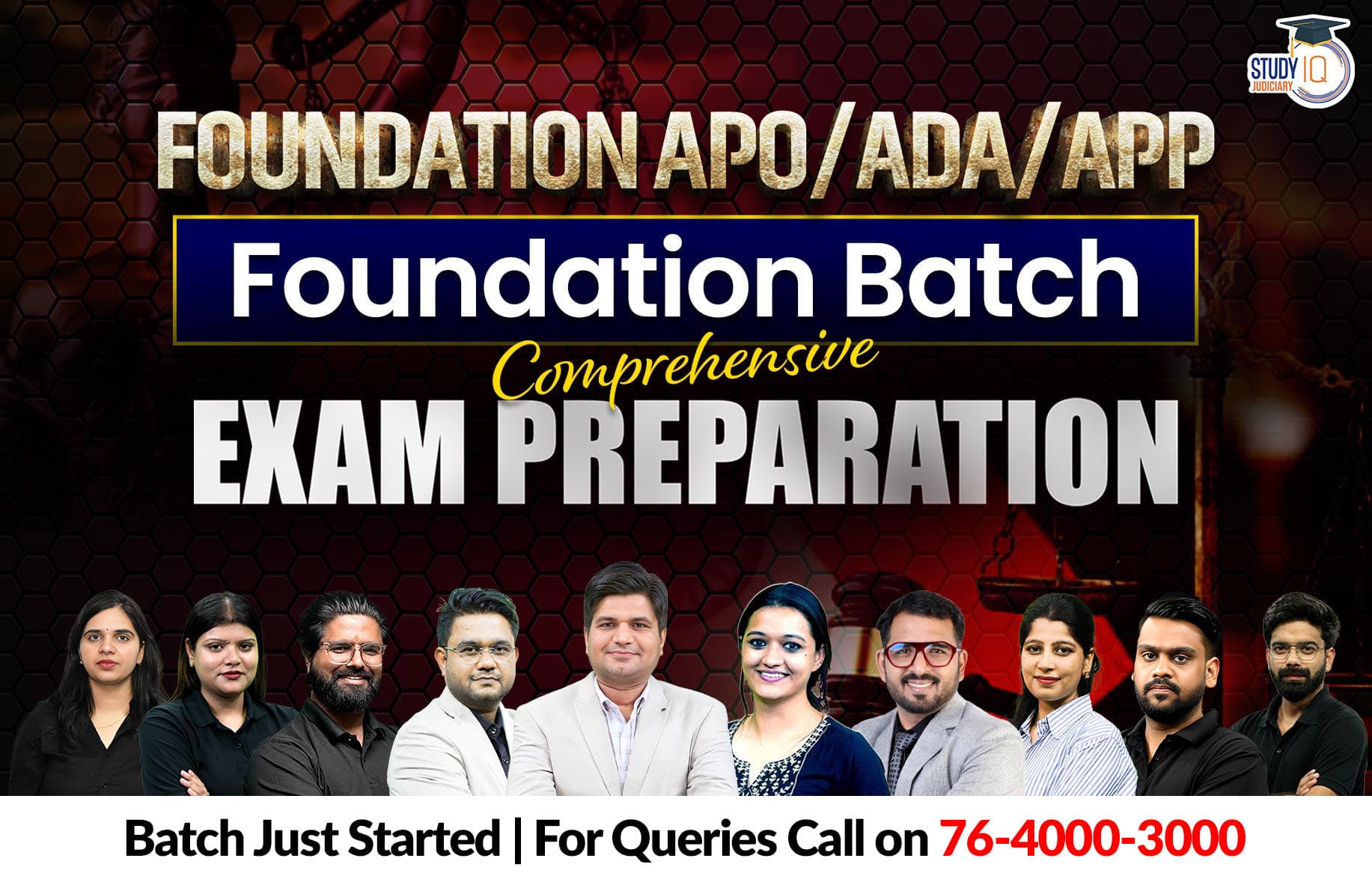Table of Contents
The Maharashtra Judicial Services Examination, also known as the Maharashtra Civil Judge (Junior Division) and Judicial Magistrate First Class (JMFC) Exam, is a prestigious state-level exam conducted by the Maharashtra Public Service Commission (MPSC). This competitive examination recruits eligible law graduates and practicing advocates into the state’s lower judiciary.
With increasing competition each year, having a clear understanding of the updated Maharashtra Judiciary Syllabus 2025 is crucial. In this article, we’ve provided a stage-wise and subject-wise detailed syllabus to help aspirants plan their preparation efficiently for Prelims, Mains, and the Viva-Voce.
Maharashtra Judiciary Exam Pattern Overview
The Maharashtra Judiciary exam is conducted in three phases:
| Stage | Nature | Marks | Type |
|---|---|---|---|
| Preliminary Exam | Objective (MCQs) | 100 | Screening |
| Mains Exam | Descriptive | 200 | Written |
| Interview | Oral Assessment | 50 | Personality Test |
Maharashtra Judiciary Syllabus 2025 – In-Depth Breakdown
Stage 1: Preliminary Examination (Objective)
-
Mode: Offline (OMR-based)
-
Duration: 2 hours
-
Total Marks: 100
-
Negative Marking: No
-
Purpose: Screening test for the Mains exam
Syllabus for Prelims:
The preliminary syllabus focuses on core legal subjects, including:
-
Code of Criminal Procedure, 1973
-
Powers of arrest, bail, remand
-
Trial types and hierarchy
-
Summary vs. warrant vs. summons case
-
-
Indian Penal Code, 1860
-
General exceptions (e.g., insanity, accident)
-
Offences against persons and property
-
Criminal conspiracy, theft, robbery, murder
-
-
Indian Evidence Act, 1872
-
Types of evidence: Oral, documentary, digital
-
Burden of proof, examination of witnesses
-
Relevancy and admissibility
-
-
Civil Procedure Code, 1908
-
Jurisdiction, suits, res judicata
-
Injunctions, decree execution
-
Summary proceedings
-
-
Constitution of India
-
Fundamental Rights, Duties, Directive Principles
-
Powers of judiciary (Articles 32, 226)
-
Structure: High Court, Supreme Court
-
-
Law of Contract, 1872
-
Essentials of valid contract
-
Breach and remedies
-
Quasi-contracts, performance
-
-
Transfer of Property Act, 1882
-
Sale, lease, mortgage, exchange, gift
-
Transfer by ostensible owner
-
Doctrine of lis pendens, part-performance
-
-
Specific Relief Act, 1963
-
Recovery of possession
-
Specific performance, injunctions
-
Declaratory relief
-
-
Maharashtra Rent Control Act, 1999
-
Tenancy, eviction, fair rent
-
Landlord-tenant disputes
-
Grounds for possession
-
-
Limitation Act, 1963
-
Period of limitation for civil & criminal cases
-
Condonation, disability, continuing torts
-
Stage 2: Mains Examination (Descriptive)
-
Medium: English and Marathi
-
Total Marks: 200 (Two papers of 100 marks each)
-
Duration: 3 hours per paper
Paper 1: Civil & Property Laws
-
Civil Procedure Code (CPC), 1908
-
Transfer of Property Act, 1882
-
Specific Relief Act, 1963
-
Law of Contract, 1872
-
Sale of Goods Act, 1930
-
Indian Partnership Act, 1932
Paper 2: Criminal Laws + Essay Writing
-
Indian Penal Code, 1860
-
Criminal Procedure Code, 1973
-
Indian Evidence Act, 1872
-
Protection of Civil Rights Act, 1955
-
Scheduled Castes & Scheduled Tribes (Prevention of Atrocities) Act, 1989
-
Legal Essay (800 words on a legal or socio-legal topic)
Stage 3: Viva-Voce / Interview
-
Total Marks: 50
-
Nature: Personality and knowledge-based
Interview Focus Areas:
-
Practical knowledge of law
-
Recent legal issues and landmark judgments
-
Legal ethics, problem-solving ability
-
Communication and reasoning skills
-
Knowledge of Marathi (for local court interactions)
Maharashtra Judiciary Local Laws (Optional in Mains/Interview)
-
Bombay Village Panchayats Act
-
Maharashtra Co-operative Societies Act
-
Maharashtra Land Revenue Code
-
Maharashtra Court Fees Act
-
Maharashtra Stamp Act
Recommended Books for Maharashtra Judiciary Exam
| Subject | Recommended Book |
|---|---|
| CPC | Takwani or C.K. Takwani’s CPC |
| CrPC | Ratanlal & Dhirajlal |
| IPC | K.D. Gaur or Ratanlal & Dhirajlal |
| Evidence Act | Batuk Lal / Vepa P. Sarathi |
| Constitution | M.P. Jain or Laxmikanth (for basics) |
| TPA, Contract, Specific Relief | Avtar Singh |
| Marathi Grammar & Essay | Lokrajya Marathi Grammar |
Conclusion
The Maharashtra Judiciary Syllabus 2025 is rigorous but completely achievable with focused preparation, conceptual clarity, and strategic study. Aspirants should ensure that they have an in-depth understanding of each subject, coupled with answer writing practice and regular updates on legal affairs. Mastering both substantive and procedural law is the key to cracking this exam.
Whether you’re a fresh law graduate or a practicing advocate, a systematic approach aligned with the syllabus can make you a strong contender for the Maharashtra Civil Judge post.

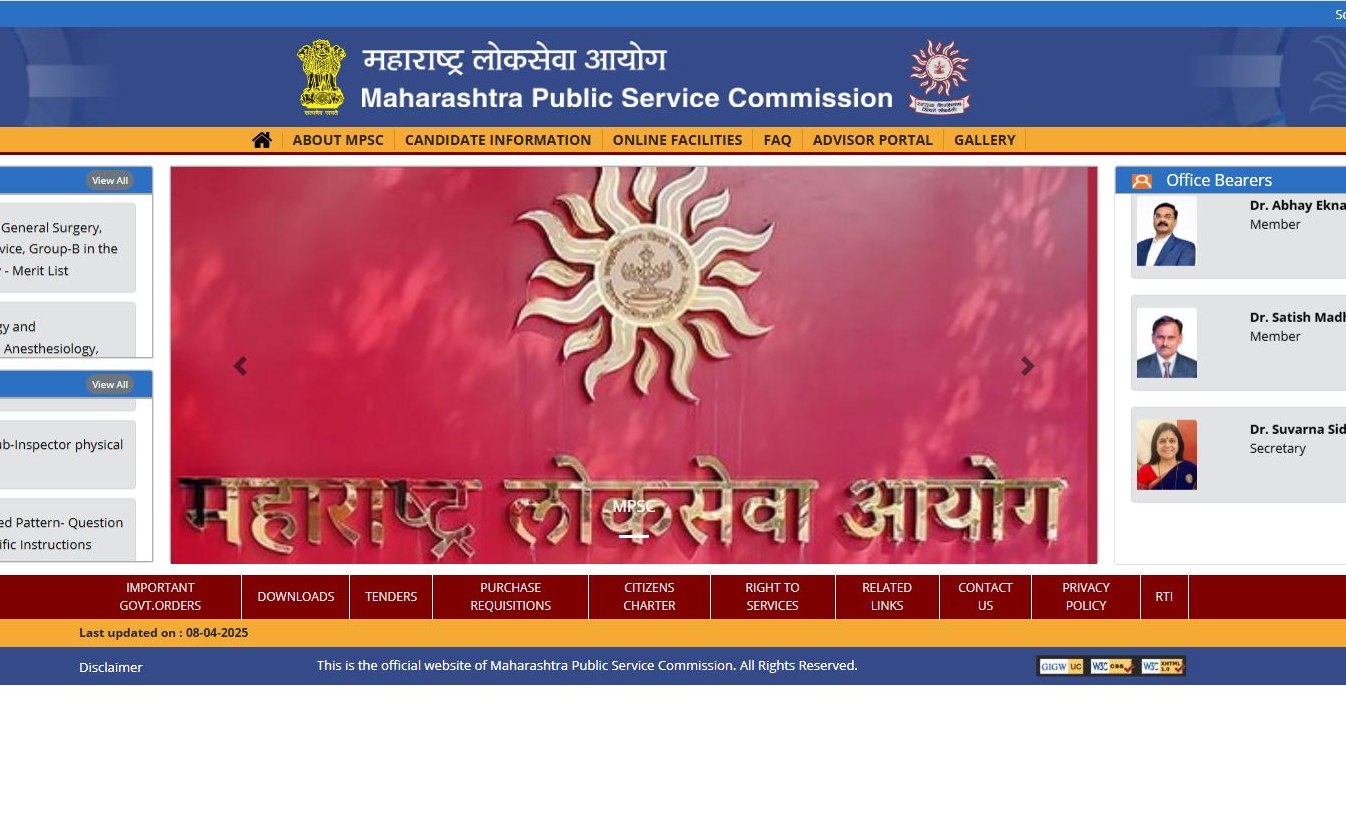
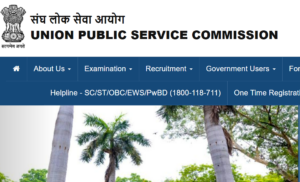 Delhi APP Notification 2025 Out, Apply f...
Delhi APP Notification 2025 Out, Apply f...
 Jammu & Kashmir Judiciary Syllabus 2...
Jammu & Kashmir Judiciary Syllabus 2...
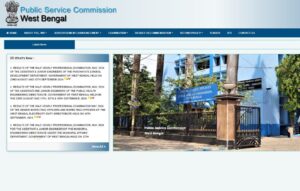 West Bengal Judiciary Syllabus 2025: Pre...
West Bengal Judiciary Syllabus 2025: Pre...
